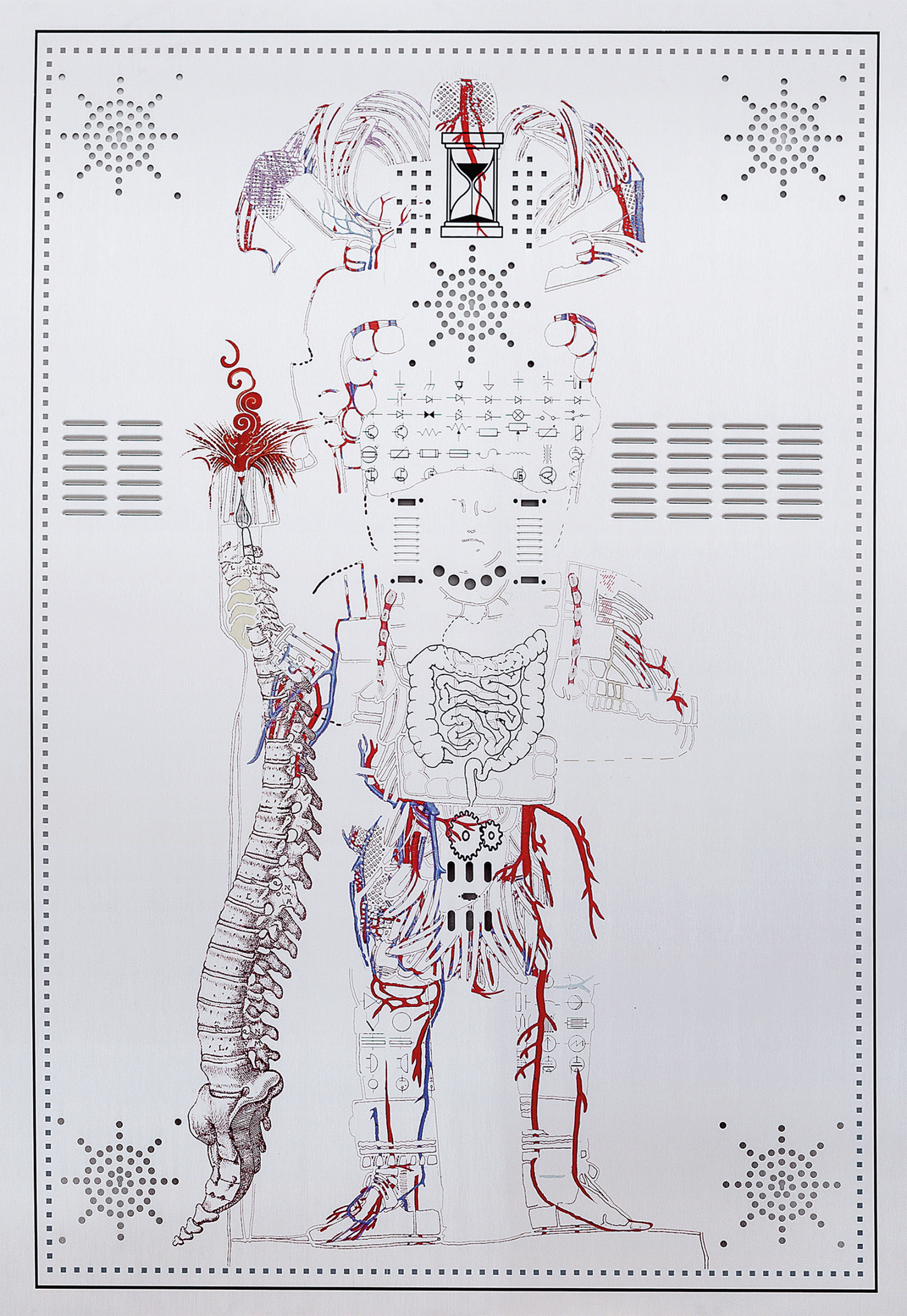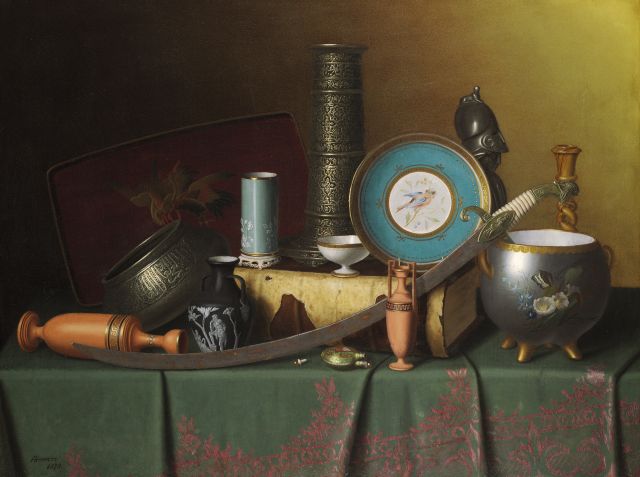Simposio
UNMAPPING the RENAISSANCE
initiated and organized by Mariechen Danz (artist), Angelika Stepken (Villa Romana Florence) and Eva-Maria Troelenberg (Kunsthistorisches Institut in Florenz – Max-Planck-Institut)

The city of Florence is regarded as the birthplace of the Renaissance. The fact that the economic and commercial power structures that developed during the Renaissance also impelled the colonization of non-European worlds – among other things through linguistic and semiotic hegemony – is to this day rarely incorporated into this Florentine narrative.
In the tourism industry and in the sciences, eurocentric categories are each in their own way persistent, even – or especially – in times of rapidly progressing globalization: even as looking outward may become more natural, it often still turns into another confirmation of the accepted master narrative.
In recent years, though, we have also seen a growing awareness of the categories, and of the perceptual processes associated with it, develop in the context of a comprehensive “transcultural turn.” Post-colonial theoretical approaches, for example, question the role of the Latin alphabet, of printing, of language or of particular social ideals on whose flip side processes of dispossession, canonization and hierarchization of culture, memory and space unfolded – and can continue to unfold in the afterlife of the Renaissance narrative.
Since the 1990s, ethnographical and anthropological representations are being critically examined and aesthetic positionings are challenged in artistic inquiries and practices through chronopolitics and techniques of distancing. Contemporary art production is global and reflects the colonization of gazes and conceits.
In this sense the symposium UNMAPPING the RENAISSANCE follows critical resurveys of the mental map of a canonical and canonizing understanding of culture and period-concept: in a dialog between science and art, whose performative practices are intended to decidedly transcend established academic formats, the event considers the connections between hegemonic sign systems, imagination and (de-)colonial practices.
Keynote Lecture
Thursday, 12 March
Gabinetto G. P. Vieusseux - Sala Ferri
Piazza degli Strozzi - 50123 Firenze
17.00
Walter D. Mignolo
From Global Linear Thinking to the MultiPolar World Order
(The Darker Side of the Renaissance 20 years later)
Participants
Maria Thereza Alves, AFROTAK TV cyberNomads (Adetoun und Michael Küppers-Adebisi), Artefakte//anti-humboldt (Brigitta Kuster, Regina Sarreiter, Dierk Schmidt), Hannah Baader, Mariechen Danz, Liz Glynn, Adam Herring, Alvaro Jose Guillen Jr., Medina Lasansky, Gala Porras-Kim, Walter D. Mignolo, Johannes Paul Raether, Andreas Siekmann, Carlin Wing
All lectures / performances will be held in English.
Streaming on radiopapesse.org
Click on Ascolta to join the symposium live.
This event is a joint project of the Max Planck Research Group Objects in the Contact Zone. The Cross-Cultural Lives of Things at the Kunsthistorisches Institut in Florenz – Max-Planck-Institut and the Villa Romana (www.villaromana.org) in Florence and takes place at various locations in the city.
Scarica
12 marzo 2015, ore 17:00
Gabinetto G. P. Vieusseux
Sala Ferri
Piazza degli Strozzi
50123 Firenze
13 marzo 2015, ore 09:30
Biblioteca Laurenziana
Sala d'Elchi
Piazza San Lorenzo 9
50123 Firenze
13 marzo 2015, ore 17:00
Villa Romana
Via Senese 68
50124 Firenze
14 marzo 2015, ore 10:00
Kunsthistorisches Institut in Florenz – Max-Planck-Institut
Casa Zuccari
Via Gino Capponi 22
50121 Firenze
14 marzo 2015, ore 15:30
Villa Romana
Via Senese 68
50124 Firenze
15 marzo 2015, ore 11:00
Villa Romana
Via Senese 68
50124 Firenze
Avviso
Questo evento viene documentato fotograficamente e/o attraverso riprese video. Qualora non dovesse essere d’accordo con l’utilizzo di immagini in cui potrebbe essere riconoscibile, da parte del Kunsthistorisches Institut in Florenz a scopo di documentazione degli eventi e di pubbliche relazioni (p.e. social media) la preghiamo gentilmente di comunicarcelo.



